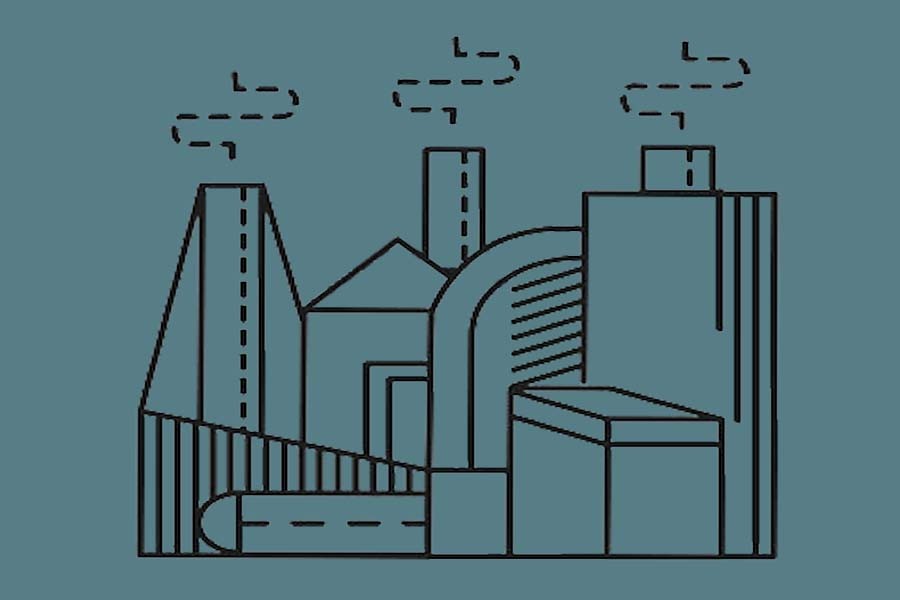BCIC to build largest-ever urea fertiliser plant
JBIC shows interest to finance the mega project

Published :
Updated :

The government moves to build the largest-ever urea fertiliser plant in the northern region which requires 40 per cent of the country's total annual demand for urea, officials said.
The proposed factory having an annual installed capacity of producing 1.15 million tonnes of non-organic fertiliser will be built at an estimated cost of Tk 150 billion, according to them.
Ghorashal Palash Urea Fertiliser factory, which is now being renovated at Tk 105 billion, is considered as the largest plant in the country having a projected capacity of around 1.0 million tonnes of urea.
The officials also said the proposed manufacturing base will not only help reduce dependency on imports but will also save several billions of local currency in the form of ensuring quick supply of cost-effective locally produced fertiliser.
The state-run Bangladesh Chemical Industries Corporation (BCIC) has already sent a letter to the energy and mineral resources division, seeking its approval for supplying required gas to the proposed unit.
A senior BCIC official, preferring anonymity, said the proposed factory will require 80 mmcfd (million cubic feet per day) of natural gas with pressure of 370 pounds per square inch (PSI).
In reply, the division stated that reserves of natural gas keep declining because of its growing demand from various sectors. As a result, the government decided to meet the demand with costlier Liquefied Natural Gas (LNG), he said.
"As there is a possibility of further price hike of LNG (blended), it (the division) has suggested that the BCIC review the project in line with the cost of imported fertiliser and locally produced one, keeping the future price increase in LNG," the official said.
Currently, BCIC is procuring natural gas at Tk 4.45 per unit, according to him.
When contacted, BCIC chairman Md Haiul Quaium said they have already done the cost analysis which indicates that the project would be economically viable.
Sharing the analysis, he said even if LNG price increases to Tk 20 per unit, combined average expenses including other costs of per tonne urea will stand at Tk 19,898 while average expense of per tonne of imported urea is Tk 29,166.
"The estimation shows that we can save around Tk 10,000 in each tonne. So, it is very much viable. I already signed the cost analysis paper today (Tuesday) and it will be sent to the division soon," he said.
He also said they already formed a committee to do feasibility study on the development project. "The study executers will propose us the sites for the mega scheme."
"Once it is completed, the country's dependency on fertiliser import will decline sharply," he added.
The BCIC sources said Japan Bank for International Cooperation (JBIC) has already shown interest to finance the mega project, which will have the capacity to meet the entire annual demand for fertiliser in the northern region.
According to the corporation, the country's northern districts are very important in terms of agricultural produce. Around 40 per cent (1.0 million) of the country's annual fertiliser demand (2.5 million tonnes) is required by the northern region.
It said the project will also help save around Tk 3.0 billion a year as the corporation does not need to transport these key agriculture input to the northern districts from the Sylhet region.
Around 1.0 million people will directly or indirectly benefit from the factory, it added.
jubairfe1980@gmail.com


 For all latest news, follow The Financial Express Google News channel.
For all latest news, follow The Financial Express Google News channel.